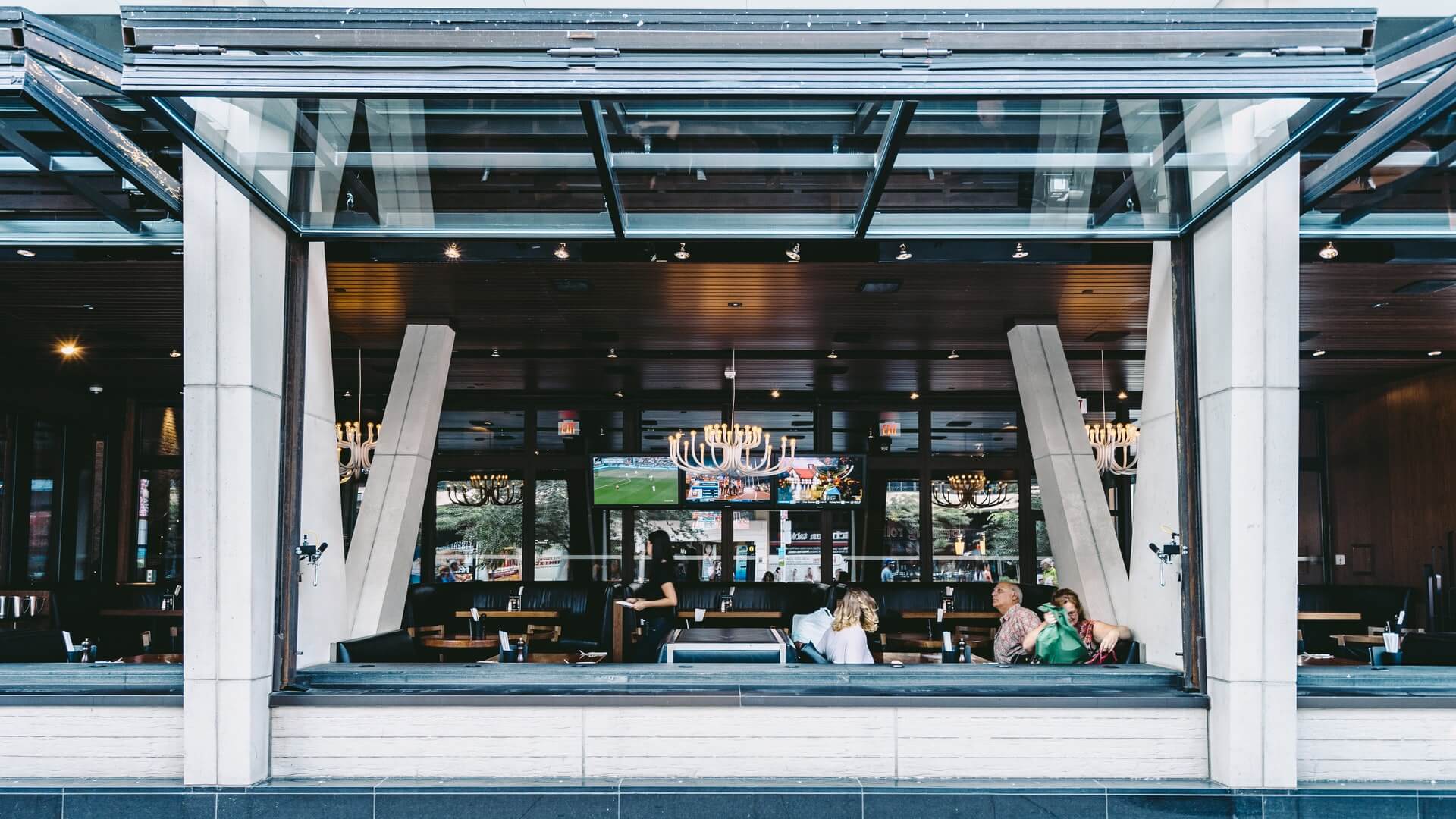Why Your Inner Circle Matters

Is your inner circle creating sparks of inspiration, or burning you down?
In the world of hospitality, where every interaction counts, there’s one factor that could be influencing your success more than you realize: the people with whom you surround yourself.
As a hospitality professional, you work in highly social environments, so it’s essential to understand the impact your inner circle has on your mindset, and the success of your business.
How can the energy and attitudes of those around you shape your success? And how can being intentional about your relationships elevate both your personal and professional life?
Let’s take a closer look.
The Power of Influence
We’ve all heard the saying, “You are the average of the five people you spend the most time with.”
It’s a concept that rings true in both personal and professional settings. In the hospitality industry, where relationships and team dynamics are crucial, the people you spend your time with can have a major impact on your mindset.
Your inner circle can either lift you up or drag you down, influencing your thoughts, behaviors, and even your beliefs about what’s possible. When you need to maintain a positive mindset, this influence can make or break you.
Energy and Attitude: The Contagious Effect
Ever notice how working with someone who’s upbeat and energetic can make a shift fly by? Or how spending time with a negative, cynical colleague can drain your motivation?
The energy people bring to the table is contagious. Over time, it seeps into your mindset.
Think of your mindset like a garden. If you plant yourself in rich, fertile soil—surrounded by positivity, encouragement, and growth—your mindset will flourish. But if your garden is full of weeds—like negativity, doubt, and pessimism—it becomes much harder to grow.
In hospitality, where guest service relies heavily on positivity, allowing negative energy to take root can stifle your personal growth, and your ability to grow a loyal guest base.
As a team leader, your mindset sets the tone for the entire team. Show up to team meetings with a negative mindset and your meetings will sound like reprimands and demands instead of inspiration, growth, and encouragement.
The Role of Supportive Relationships
One of the most powerful ways others influence us is through their support—or lack thereof. In a high-pressure environment, having people around you who believe in your potential, challenge you to improve, and celebrate your wins can be transformative.
Supportive relationships remind you of your goals when you’re feeling down, push you to persevere when things get tough, and keep you focused in the chaos.
On the opposite side, if you’re surrounded by people who doubt your ambitions or criticize your efforts, it can be difficult to stay motivated. In the long run, these negative influences can damage your confidence, and make you question your ability to achieve your goals.
In an industry where confidence is crucial to providing top-notch service and leading successful teams, the people you surround yourself with can either enhance or diminish your sense of worth. By aligning yourself with those who inspire and uplift you, you’ll be better equipped to maintain a positive mindset, even in challenging situations.
Setting Boundaries to Protect Your Mindset
So, how do you ensure that the people around you contribute positively to your mindset and success? It starts with setting boundaries.
Boundaries are essential for protecting your mental and emotional well-being. If someone’s energy is toxic or draining, it’s important to limit the influence they have over you.
In business, where teamwork is essential, setting boundaries might not mean cutting people out of your life completely. However, it does mean being mindful of how much time and energy you invest in relationships that aren’t serving your growth. It also means being aware of the energy of a person when choosing whether to have them join your team or not.
Protecting your mental space ensures that you remain focused on your goals, and can give your best to your team, your guests, and yourself.
Seeking Growth-Oriented People
To thrive in both business and life, it’s essential to seek out people who are growth-oriented; those who are always looking to improve themselves, who push you to think bigger, and who motivate you to take action.
Building a network of ambitious, driven individuals within the hospitality industry can be transformative.
When you surround yourself with people who are passionate about growth, their energy becomes contagious. They’ll challenge you to step outside your comfort zone, pursue new opportunities, and push past self-imposed limits.
Taking Action: Evaluate Your Circle
Take a moment to reflect on the people in your life, particularly within your professional circle.
Who are the five people with whom you spend the most time? How do they make you feel? Do they lift you up, or hold you back? Are they helping you move closer to your goals, or keeping you stagnant?
This exercise can be eye-opening, and it’s an essential step in building a more positive, growth-focused environment for yourself. Remember, only you can choose what mindset you want to adopt, and how you will allow others to influence you.
Final Thoughts: Be Intentional About Your Circle
As a hospitality professional, your mindset is key to your success. The people around you play a major role in shaping it.
Be intentional about surrounding yourself with those who uplift, inspire, and challenge you. Protect your mental space with boundaries, and actively seek out relationships that align with your goals and values.
If you’re looking for a supportive community of like-minded hospitality professionals, join us in The Collective, a group coaching program designed to help you achieve your goals with clarity and confidence. Together, we’ll create an environment that supports both personal and professional growth.
Remember, you have control over who you allow into your life, and how much influence they have. Choose wisely, and watch your success story unfold.
Cheers to personal and professional well-being!
Image: Harry Shelton on Pexels

Book Below to Setup a 30-Minute Complimentary Discovery Call and Request for Proposal.










